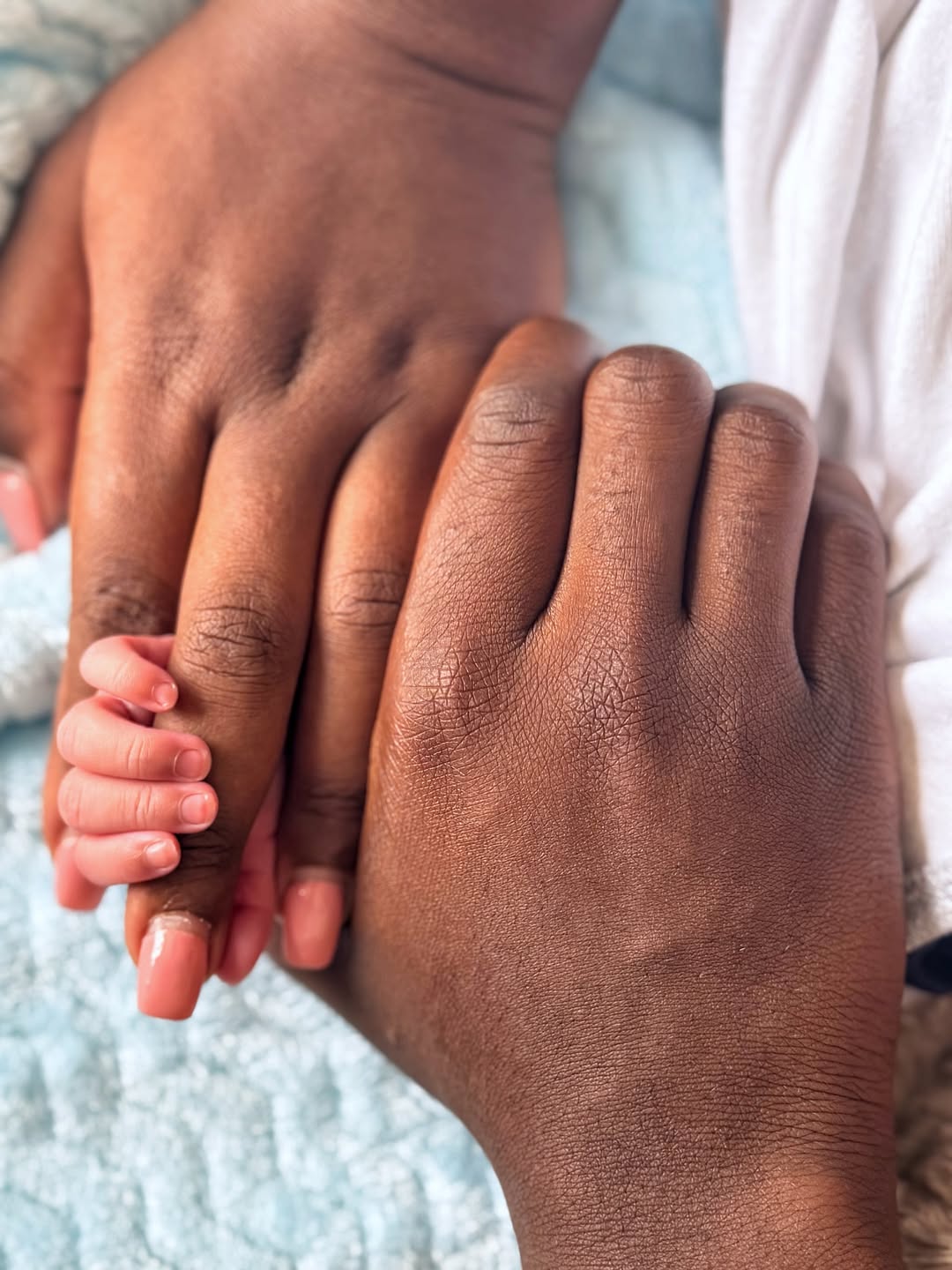 Investing in improving access to childcare can yield significant country-level economic benefits, the report says.
Investing in improving access to childcare can yield significant country-level economic benefits, the report says.
Children are often left in the care of family members or neighbours, while parents who can afford it hire domestic workers, and others send their children to informal childcare centres.
However, these centres are sometimes operated by untrained caregivers, are often poorly maintained, and children are exposed to a variety of health and safety risks.
Women particularly face an unenviable choice between leaving their children with poor care or no care; working reduced hours; taking more flexible or informal work, which tends to offer less security and lower pay; or giving up work entirely.
To quantify the economic impact of improving access to childcare and enabling more mothers to work through greater public investment, The Economist Impact analysis developed a first-of-its-kind model, with its findings confirming the broader economic gains that countries could witness by investing in childcare.
Global Health Strategies, in a press release ahead of the G20 meeting, says the report, supported by the Gates Foundation, estimated employment income losses of between USD 0.03bn and USD 12.6bn in 2022 as a result of employable mothers not participating in the workforce.
The research study “The Childcare Dividend Initiative” looked at 15 key global economies accounting for nearly 48 per cent of global GDP and 42 per cent of the global population, which included Kenya and focused on the potential benefits of higher maternal employment and its resulting positive impact on the economy.
“Investing in improving access to childcare can yield significant country-level economic benefits by enabling more mothers to work and earn an income, considering there is a high cost associated with women leaving the workforce to look after their children, both personally and financially,” the statement said.
The study reveals that inadequate childcare access is costing economies up to USD 4.4 billion in lost income in sub-Saharan Africa, but strategic investment in childcare could enable 1.7 million more mothers to work, generating new jobs and lifting household incomes.
According to the analysis, in 2022, income losses in Kenya were estimated to be 0.2 bn USD, equivalent to 0.21 per cent of GDP, as a result of approximately 36,670 employable mothers not being able to participate in the workforce due to inadequate access to affordable, quality Childcare.
Kenya suffered among the largest economic losses, second to Nigeria, which had an estimated 1.09 per cent of GDP lost.
Addressing the gap in the public sector childcare provision, several social enterprises and start-ups have formed across East Africa, the report says, giving an example of ‘Kidogo,’ a non-profit social enterprise that provides high-quality, affordable early childhood care and education for low-income families living in the region.
Kidogo was established in 2014 in Kenya and uses an innovative model to address the childcare crisis in informal settlements with the goal of setting children up for success, helping mothers, and creating economic opportunities for childcare operators.
“Kidogo provides training that is specific to early childhood development and running a centre, a starter kit with key resources, and ongoing mentorship to women in the community to start or expand their own childcare centres.
Rudaba Zehra Nasir, global lead for care and economic inclusion, Gender and Economic Inclusion Group, IFC, said while there are basics all countries must consider, solutions cannot be one-size-fits-all, particularly for emerging markets.
“Where the conversation should be is on innovation and how to ensure quality of care in low-cost, low-income settings, rather than imposing often hard-to-meet international standards that may not necessarily be feasible in local settings. social enterprise models, mobile crèches, community-led initiatives, and co-operatives are a few ways in which this is being done in several emerging markets like India and Kenya,” she added
Kidogo has received widespread recognition and praise for its contributions to transforming access to quality and affordable childcare across East Africa and is currently the leading childcare network in Kenya, with over 500 childcare centres supporting 11,000 children and operating in 32 communities in seven counties across East Africa.
The childcare dividend initiative termed Kenya as one of the best performers in Sub-Saharan Africa with respect to early childhood education enrollment, but noted that investment supporting the full enrollment of children in the pre-primary school age group in care services by increasing school enrollment to 100 per cent could lead to approximately 0.2 million mothers joining the workforce by 2030.
The Child Care Dividend Initiative says that investing in childcare and ensuring a 100% enrollment rate in Kenya could also add an average of 0.75 per cent to baseline GDP between 2023 and 2027.
Economist Impact uses policy research and media to address global issues, working with organisations on sustainability, health, and new globalisation. The child care dividend research looked at Kenya, Australia, Brazil, Canada, Chile, Germany, India, Indonesia, Mexico, Nigeria, South Africa, South Korea, the UK, the United States, and Vietnam.

















